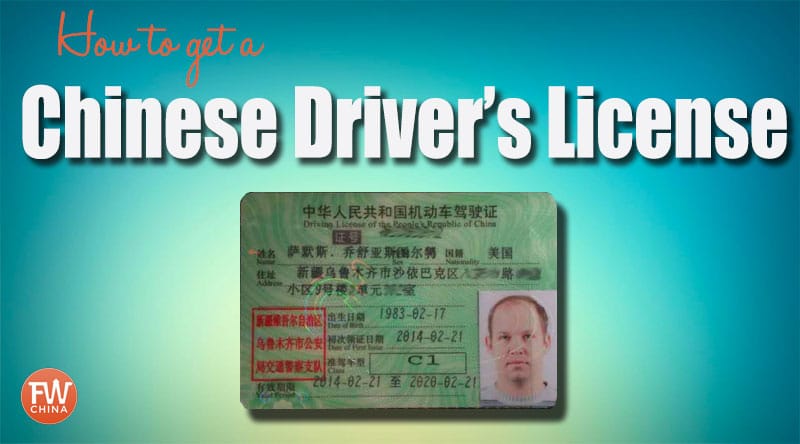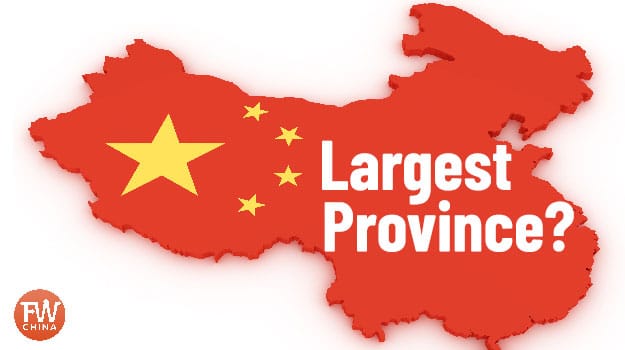The Day I Got My First China Speeding Ticket
It was bound to happen at some point.
Not that I’m a bad driver. In 15 years behind the wheel I can count on one hand the number of traffic violations I’ve received. Yet there splashed across the computer screen in the police station was a picture of me happily speeding down the highway between Urumqi and Heavenly Lake.
“Is that you?” the lady behind the desk asked, as if it was normal for a white foreigner to be caught speeding along a Xinjiang highway.
“Yes” I said as I handed over my 200 RMB fine. “That’s definitely me.”
Camera-Shy in China
Everybody is fully aware of each camera on the road.”
This ticket was inevitable because, unlike all the locals here, I’m not yet savvy enough to know where the traffic cameras are.
The trouble is they’re pretty much everywhere, though, flashing pictures whether you’re speeding or not. Not once during my tenure as a Chinese driver have I ever seen a cop car pull anybody over, but everybody is fully aware of each camera on the road.
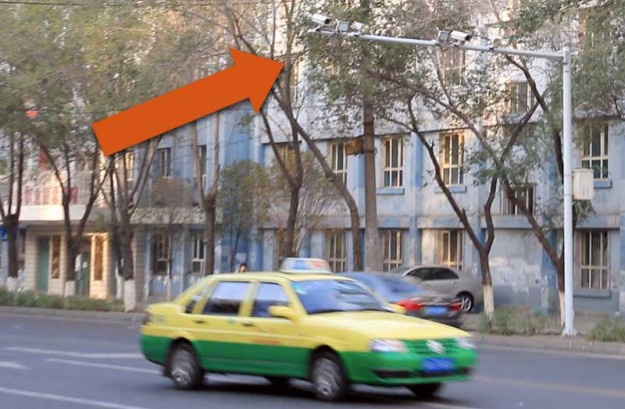
In my particular case a camera caught me doing 95 in an 80 zone (which is unbelievably slow for an interstate highway, I should add)
But I’m not here to gripe about a ticket that I admittedly earned. What I couldn’t believe was just how difficult it was to pay the fine.
Paying my China Speeding Ticket
My first stop was the local traffic police office, the logical place to start. I asked at least 3 different police officers where I should go to pay my ticket and received three very different answers. That’s about par for the course here in China.
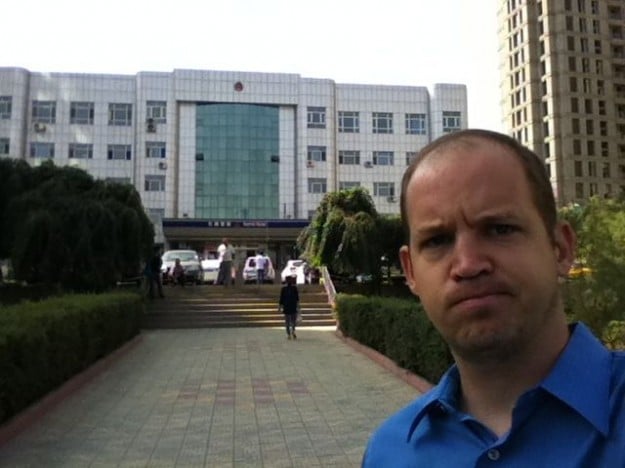
I finally found somebody who was able to explain to me that because this ticket was given on the expressway, it was beyond the jurisdiction of the Urumqi traffic police.
I ended up walking two miles down the deserted road…”
Great. Now I had to find my way to the nearest highway patrol office, which was quite a distance outside the city.
I hailed a taxi and thankfully he knew exactly where I needed to go. “You got a ticket?” he laughed after I explained my situation.
He caught himself laughing and quickly followed up with an encouraging “We all get tickets at some point.” Nice save, Mr. Taxi Man.
After 30 minutes on the highway out of town he dropped me off at the edge of Wulabo, a small village that hadn’t yet finished paving their first road.
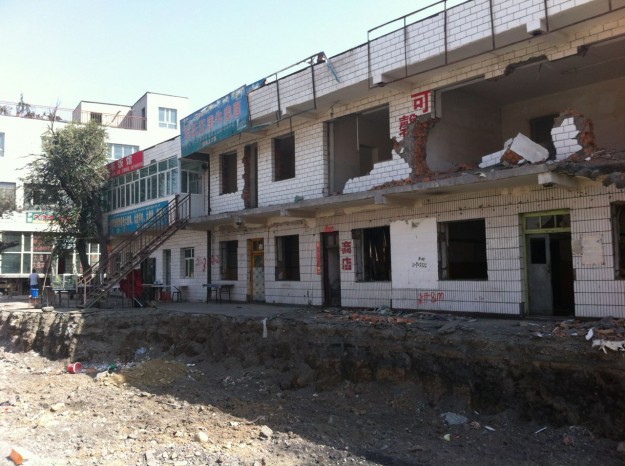
“Walk down that gravel path for a while and you’ll find it on your left” the driver told me. He then sped off.
I walked about 500 meters but ran across nothing except for crumbling homes and some wild goats.
The few people I did run across kept pointing me further and further down the dirt path. I ended up walking two miles down the deserted road before reaching any other buildings.
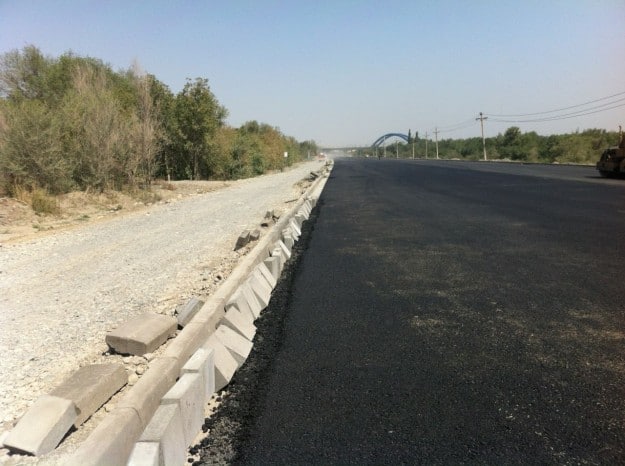
Finally I came to a small building that was no larger than a mobile home.
The door was locked and the sign said they closed from 1:30pm to 4pm for lunch. I looked down at my watch. It was exactly 1:31pm.
No WAY.
Uh-uh.
Not after all these hours in police stations, taxis and a dirt road.
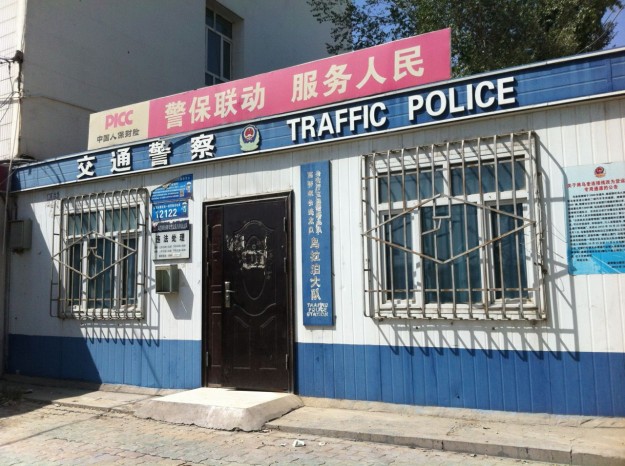
I banged on that door. I banged hard, too.
’ve seen Chinese people use this tactic and it seems to work for them. I had nothing to lose.
The sign said they closed at 1:30pm…my watch told me it was 1:31pm”
The door cracked open and I pleaded with the woman to just let me pay my fine and go. She gave me a short speech about the importance of the lunch break but finally let me in and took my money.
As I began the two-mile trek back to the road I calculated how much I had spent in the process of paying my 200 RMB speeding ticket. All of the taxis had added up to approximately 90 RMB and that doesn’t include the four hours of my time, which I’d like to think is worth something as well.
Bottom line: I need to either keep within the speed limit on the interstate or learn how to avoid the traffic cameras.
Chances are I’ll be doing more of the latter.

